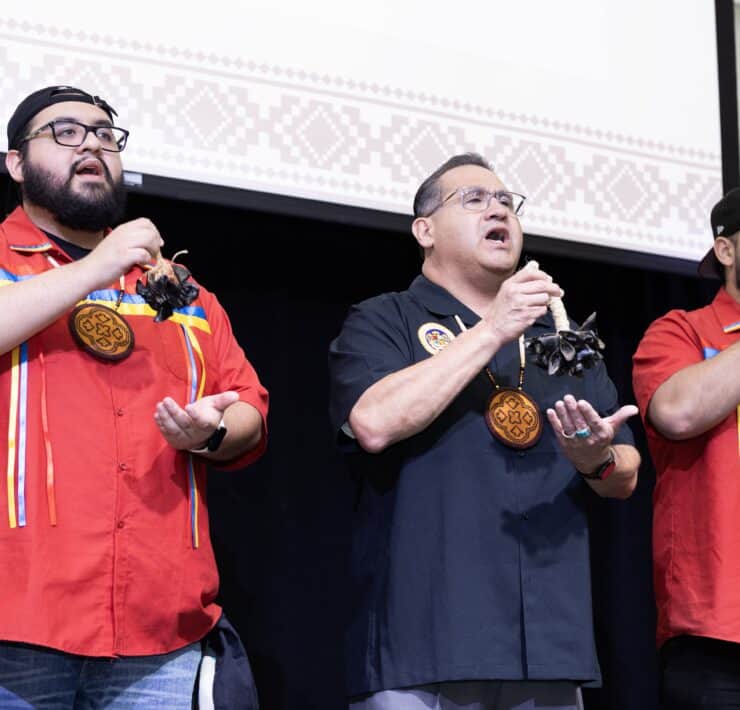From Foothill Freeway to the Southern California Native American Highway: the 210 Interstate is getting a “name”lift!

by Tavi Lorelle Carpenter
A new name is coming for the 210 Interstate Highway. Currently known as the Foothill Freeway, the 210 runs from Los Angeles to the Redlands, lawmakers and advocates have proposed to rename it the “Southern California Native American Highway”. In addition, this bill will also provide markers of the respective tribal lands alongside the highway, informing drivers as they zoom to their destinations. I caught up with Mona Recalde, Tribal Member of the San Gabriel Band of Mission Indians Gabrieleno/Tongva, to learn more about AB 776, the bill responsible for this change.
Before our interview began, I considered the importance of names. After all in recent years, de-naming problematically named structures, such as the infamous Kroeber Hall change at UC Berkeley in 2021. But AB 776 is much more about the renaming process, so again, I ask, what is the importance of names?
“One thing that we struggle with as California Natives, is visibility. Our work and our efforts are so embedded into the country and the landscape. Yet, people live here and often don’t know that. So knowing that the freeways were built on the routes that our ancestors took and are the routes that we still take today, [this bill is] an opportunity for people to see and know the tribal names and see it every day.”
And there it is, this is why names matter, they provide visibility in a country and state that would prefer we remain relics of the past. Names demand that the wider settler society contend with the undeniable fact that they are guests on California Indian people’s ancestral lands.
“As Native people, we’re place centered people.” Mona reminded me. “And when you’re place centered, the environment of what you’re around is the place you are in. Ensuring that things are noted with the proper appropriate names and there’s that tied awareness to the relations that you have all around you and your environment, this provides that awareness and connection to our ancestors in the past.”
And there it is, this is why names matter, they provide visibility in a country and state that would prefer we remain relics of the past. Names demand that the wider settler society contend with the undeniable fact that they are guests on California Indian people’s ancestral lands.
The distance of the 210 starts in Fernandeño Tataviam, spanings mostly through Gabrieleno/Tongva and ending in Serrano lands, thus the name being “Southern California Native American Highway”. But this bill has the possibility to do something more, it sets a precedent that going forward that tribal lands will be acknowledged across the state. A starting point that has traction to be successful. Originally initiated by assemblymember Chris Holden of the 41st district, state assembly members James Ramos and Luz Rivas, as well as State Senator Susan Rubio. It’s further worth noting that bipartisan support stands with this bill.
As with land acknowledgements, this type of bill is the beginning of change, not the end. Or at least that is the hope. If it feels performative, I’d ask that we all consider the difficult work of advocacy, wherein an inch of progress often takes decades. But an uphill battle does not mean you give up when the going gets tough. Things take time, things are imperfect, change is slow but inevitable. We fight the good fight not to see another day but because it’s the right thing to do. We are all ancestors in training, continuing the work of those who came before us so those who come after walk a little freer than we did.
In discussing what the meaning of this bill has, Mona was generous in sharing what it represents for her: “Personally, I feel really grateful because I believe that, you know, as a Native person, we don’t just look at where we’re at in the present, right? We try to do things looking back and looking forward. And so knowing that this is something that looking back, it’s the route that our ancestors took, and looking forward, knowing that it’s a route that my daughter and her children one day are going to be driving on, knowing that it has the recognition of the first people of Los Angeles. [It] warms my heart, it gets me excited, I can cry over it.”
Turns out, names can mean quite a lot.
To support this bill:
- Visit: https://www.gov.ca.gov/contact/
- Send an Email to Gov. Newsom
- Select Topic: “Active Bill”,
- What Specific Bill: Select “AB 776”
- Select: “Leave a Comment”
- Select “Pro”,
- *Optional Type a message of Support!
- Enter contact information
- Submit!
Consider spreading the word and following @sgbmigt on instagram for more information.
This piece was reported and written with the support of an Ethnic Media Outreach Grant, made possible by the Stop the Hate initiative, funded by the California State Library (CSL) in partnership with the California Commission on Asian and Pacific Islander American Affairs (CAPIAA). To learn more about Stop the Hate or to report a hate incident, visit stopthehateca.org.







